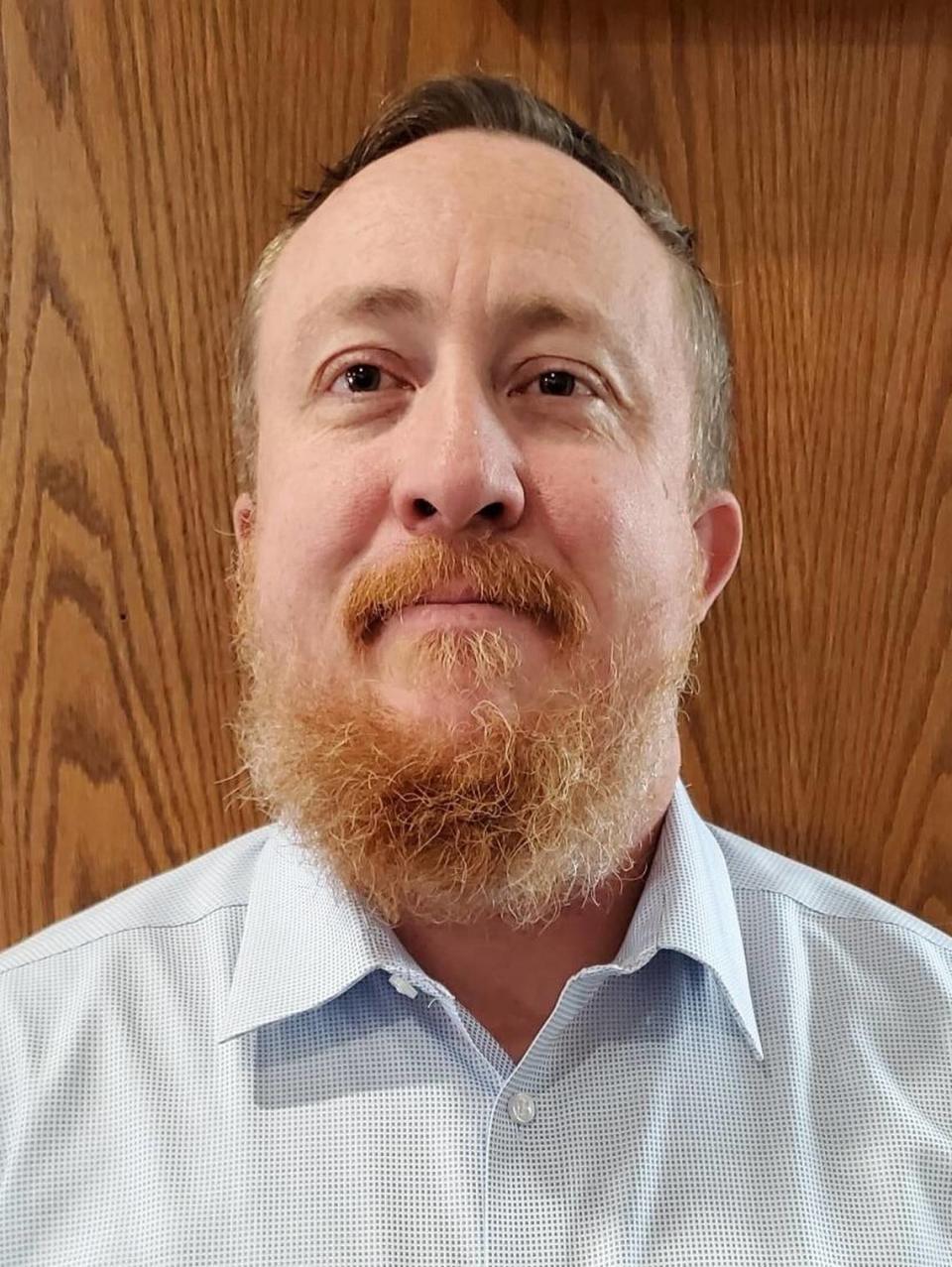To help end epidemic, put aside biases about suicide and the people who may be at risk
September marks Suicide Prevention Awareness Month, and it provides us with an opportunity to rally around the common goal of preventing suicide in our communities.

The issues that divide us have received national headlines, but the issues that lead to death by suicide are ones that we must all face equally. No one is immune from depression, PTSD, substance use disorder, illness, job loss or any of the myriad risk factors that can lead someone to consider suicide.
To help end this epidemic, we must put aside our preconceived assumptions and biases about suicide and the people who may be at risk.
Help is available.
As a trusted local behavioral health care provider, our team at Intermountain Hospital is dedicated to changing the national narrative about suicide in a manner that promotes hope, resiliency, equality and recovery. Mental health services that utilize proven evidence-based treatments and support are available.
If you or someone you know is experiencing an emotional crisis or thoughts of suicide, no-cost 24/7 confidential support and crisis resources are available from the National Action Alliance for Suicide Prevention:
National Suicide Prevention Lifeline 1-800-273-TALK (8255) or via Chat from www.suicidepreventionlifeline.org
Crisis Text Line – text HELLO to 741741 to connect with a Crisis Counselor
Additional resources:
Idaho Suicide Prevention Hotline, (208) 398-4357
Trevor Lifeline, the only national 24/7 lifeline for LGBTQ youth: call 1-866-488-7386
Veterans Crisis Line, for U.S. Military Veterans: call 1-800-273-8255, press 1
Recent events demonstrate that no one is beyond the reach of mental health struggles. Olympic athletes, musicians and fashion designers are not immune, and neither are you, your friends or your family members.
It’s time that we stop assuming who is and is not at risk, as these assumptions can cause us to disregard warning signs.
Just because someone seems to be doing well at their new job, we should not ignore the fact that they have stopped communicating with friends and pursuing their hobbies. Just because someone appears happy/content in their social media photos, let’s not ignore their increased substance use and social isolation.
A simple conversation can save a life.
It’s time to stop thinking certain people in our lives are above this epidemic, and time to start seeing everyone around us for what they are — humans. Humans with complex lives, potentially unknown traumas, and an equally important worth and value to the world.
Stop assuming and start asking, “Is everything ok?” A simple question and conversation can save a life. Effective treatments and compassionate and knowledgeable mental health professionals are ready and waiting to help.
We all need to join together to educate ourselves, #BeThere for our loved ones, and take the suicide prevention fight beyond September and into our everyday lives.
Micky Moyers is CEO/managing director of Intermountain Hospital in Boise.

 Yahoo Movies
Yahoo Movies 
